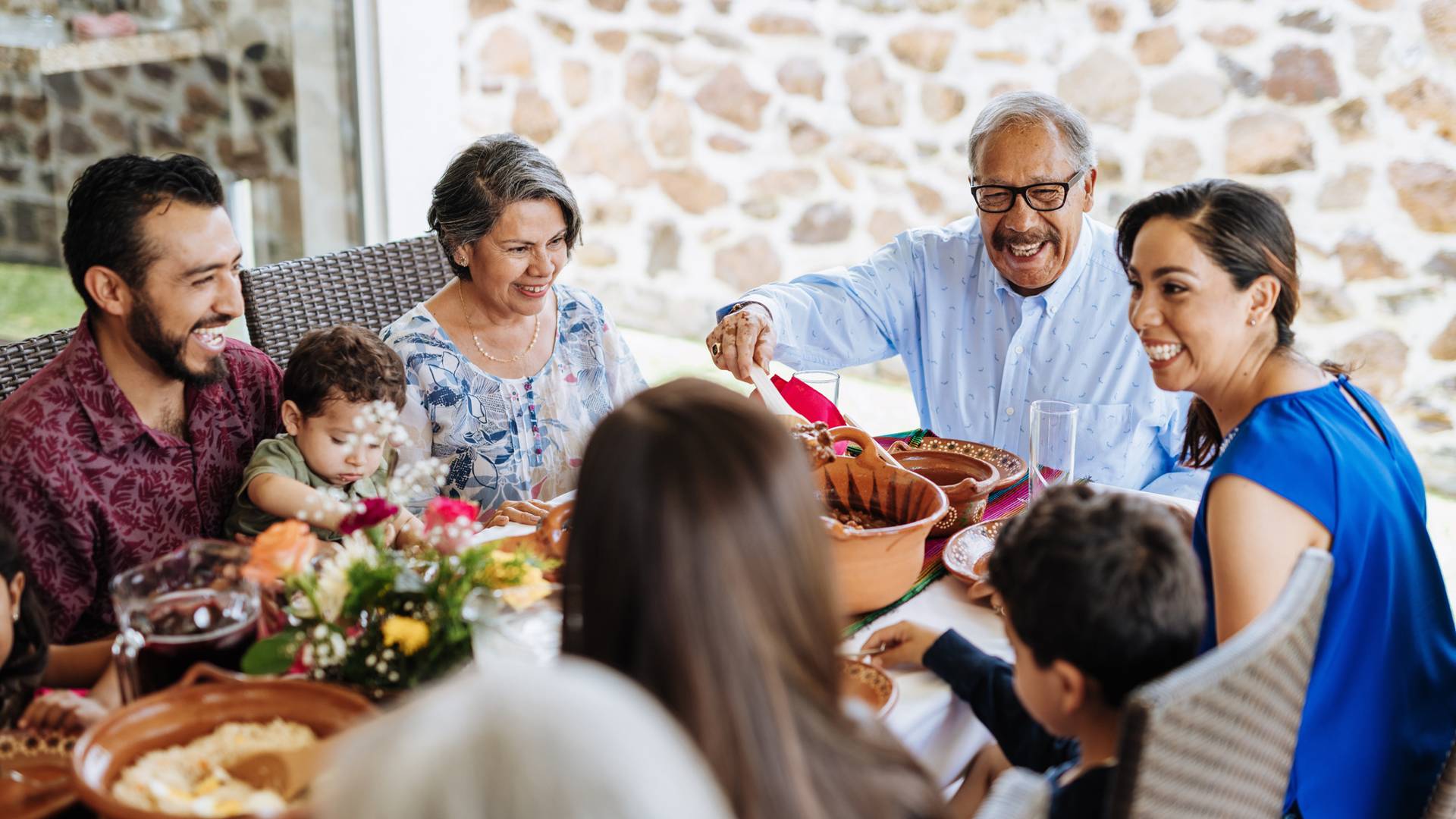Under VAWA, noncitizen victims of domestic violence may “self-petition” for U.S. residence without the cooperation of an abusive spouse. Victims may also self-petition if they are divorced as long as the marriage to the abusive spouse was terminated within two years of filing the petition.
An approved VAWA self-petition provides the applicant with work authorization, deferred action, and an approved petition which allows him or her to apply for lawful permanent residence. When the individual applies to become a U.S. resident, he or she is subject to the family preference system and any backlogs that may exist. Spouses of U.S. citizens may apply immediately upon approval of the VAWA self-petition or may even file the petition together with the residence application if they meet the requirements for U.S. residence.
What are the requirements for a VAWA self-petition for an abused spouse?
(1) The self-petitioner was subjected to battery or extreme cruelty;
(2) Good faith marriage to the abusive spouse;
(3) The abusive spouse is a Lawful Permanent Resident (LPR) or U.S. Citizen;
(4) The self-petitioner is a person of good moral character; and
(5) Residence in the U.S. with the abusive spouse.
What is battery or extreme cruelty?
Many abusive activities may meet the battery or extreme cruelty requirement. Activities which are considered crimes in the state where they occur and which may form the basis for an injunction for protection, restraining order, or other similar civil protection will be considered to meet the battery requirement. Acts of physical violence will meet the definition of battery. Psychological and verbal abuse, including threats, intimidation, stalking, surveillance, and many other actions showing the abusive spouse’s efforts to control the victim will rise to a level of extreme cruelty.
This entry only covers options available to abused spouses. VAWA also offers protections for certain abused children and parents. There are also special provisions in the law for victims of domestic violence who are in removal proceedings, and for those who have already received conditional residence.
¿Cómo puede la Ley de Violencia contra la Mujer (VAWA) ayudar a un cónyuge maltratado a obtener la residencia permanente legal (tarjeta verde)?
Bajo VAWA, las víctimas de violencia doméstica no ciudadanas pueden “auto-solicitar” la residencia en los Estados Unidos sin la cooperación de un cónyuge abusivo. Las víctimas también pueden autopeticionarse si se divorcian, siempre y cuando el matrimonio con el cónyuge abusivo haya finalizado dentro de los dos años posteriores a la presentación de la petición.
Una auto-petición VAWA aprobada le proporciona al solicitante autorización de trabajo, acción diferida y una petición aprobada que le permite solicitar la residencia permanente legal. Cuando el individuo solicita convertirse en residente de EE. UU., Está sujeto al sistema de preferencia familiar y a cualquier retraso que pueda existir. Los cónyuges de ciudadanos estadounidenses pueden presentar una solicitud inmediatamente después de la aprobación de la auto-petición VAWA o incluso pueden presentar la solicitud junto con la solicitud de residencia si cumplen con los requisitos para la residencia en los Estados Unidos.
¿Cuáles son los requisitos para una auto-petición VAWA para un cónyuge maltratado?
(1) El auto peticionario fue sometido a agresión o crueldad extrema;
(2) Matrimonio de buena fe con el cónyuge abusivo;
(3) El cónyuge abusivo es un residente permanente legal (LPR) o ciudadano estadounidense;
(4) El peticionario es una persona de buen carácter moral; y
(5) Residencia en los Estados Unidos con el cónyuge abusivo.
¿Qué es la agresión o la crueldad extrema?
Muchas actividades abusivas pueden cumplir el requisito de agresión o crueldad extrema. Las actividades que se consideran delitos en el estado donde ocurren y que pueden formar la base de una orden de protección, orden de restricción u otra protección civil similar cumplen con el requisito de agresión. Los actos de violencia física cumplirán con la definición de agresión. El abuso psicológico y verbal, incluidas las amenazas, la intimidación, el acoso, la vigilancia y muchas otras acciones que muestran los esfuerzos del cónyuge abusivo para controlar a la víctima, alcanzarán un nivel de crueldad extrema.
Esta entrada solo cubre las opciones disponibles para los cónyuges maltratados. VAWA también ofrece protecciones para ciertos niños y padres maltratados. También hay disposiciones especiales en la ley para las víctimas de violencia doméstica que están en proceso de deportación y para aquellos que ya han recibido la residencia condicional.
The post How can the Violence Against Women Act (VAWA) help an abused spouse obtain lawful permanent residence (green card)? appeared first on Immigration Law Office of Karen Winston.

